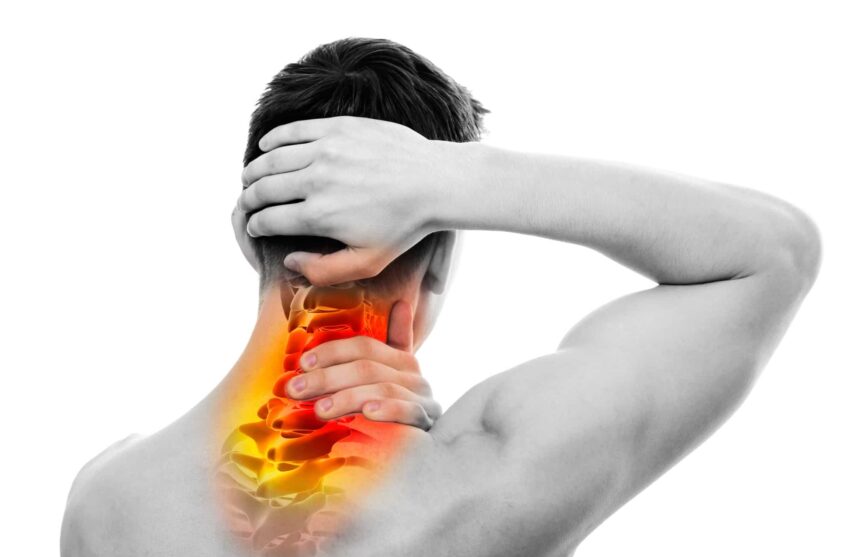A Guide on the Common Causes of Neck Pain

Did you know that neck pain is the most common musculoskeletal problem for adults? It affects nearly 85 percent of adults at some point in their lives.
Neck pain can range from a mild ache to excruciating pain that is debilitating. If you’ve been suffering from neck pain, the first thing on your mind is probably “Why are my neck muscles in pain?”.
This guide will help you figure out the roots and causes of neck pain and how to treat or prevent, it. Read more!
Table of Contents
TogglePoor Posture
When you sit or stand, your spine should be straight, and your shoulders should be in line with your hips. If you slouch or hunch forward, it puts extra strain on the muscles and ligaments in your neck. This can cause pain and stiffness.
Improving your posture is one of the best things you can do to prevent and relieve neck pain.
Nerve Compression
Compression of the nerves in the neck can occur from many different sources, including herniated discs, bone spurs, and narrowed spaces in the spine. This compression can lead to irritation and inflammation of the nerves, causing pain.
Treatment for nerve compression-related neck pain often includes pain medication, physical therapy, and, in some cases, surgery.
Joint Dysfunction
Some types of neck pain can be caused by joint dysfunction, which is when the joints in the neck do not function properly. Joint dysfunction can cause the neck to become stiff, making it difficult to move.
It can also cause pain, inflammation, and numbness. If you experience neck pain, it is important to see a doctor to rule out any serious medical conditions. Treatment for joint dysfunction may include physical therapy, medication, or surgery.
Arthritis
Arthritis is a common condition that can cause pain and stiffness in the joints. The neck is a common area affected by arthritis, which can lead to neck pain. Get in touch with some chiropractor experts like Brandon Chiropractic Associates to help identify if you are dealing with arthritis or do require chiropractic care.
There are many different treatments available for arthritis, and it is important to work with a healthcare provider to find the best option for you. Neck pain caused by arthritis can be managed with medication, physical therapy, and other treatments.
Sleeping in an Awkward Position
This can be due to using too many pillows, sleeping on your stomach, or having your head tilted to one side for an extended period. Find the right sleeping positions to avoid triggering neck pain.
To avoid this, it is best to sleep on your back with a pillow under your head and neck. Alternatively, you can use a pillow that supports the natural curve of your spine.
Text Neck
This condition is caused by looking down at your phone or other electronic devices for long periods. The weight of your head puts strain on your neck muscles and can lead to pain and stiffness.
If you suffer from text neck, the best course of treatment is to take a break from your device and give your neck a chance to rest. You can also try applying heat or ice to the area, or using over-the-counter pain relievers.
Address the Causes of Neck Pain
Neck pain is a common ailment that can be caused by several factors. To find relief, it is important to identify the causes of neck pain. Once the source of the pain is found, several treatments can provide relief, including physiotherapy, massage, and stretching.
Was this article helpful? If yes, you might want to check out our other blog posts!
Alice Christina, a seasoned health writer, combines her passion for wellness with a strong foundation in evidence-based research. She crafts insightful content that empowers readers to make informed health decisions. Alice's expertise shines through her concise and reliable health articles.
Recommended For You
Spread the loveHealth screening is a vital part of preventive healthcare which plays a crucial role in the maintenance of
Spread the loveSexual health is an essential aspect of personal well-being. If you’re based in London and need STI testing,
Spread the loveIn today’s fast-paced world, managing your health effectively is more important than ever – especially for those of



